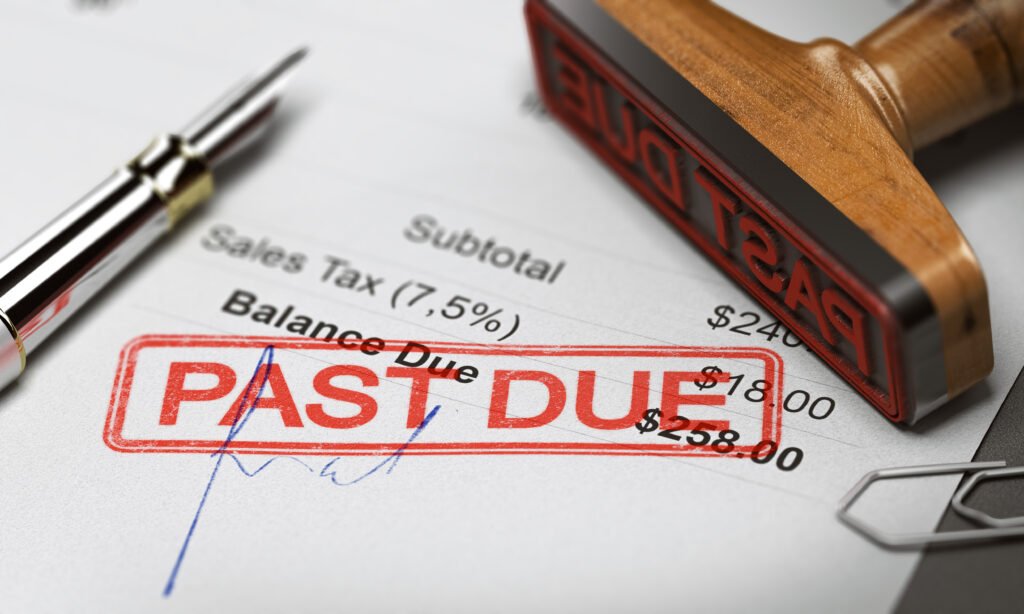
Worrying about debt is a struggle in itself. However, if you’re in such a stressful situation, the best you can do is think of strategies to manage and pay off your debt quickly. Easier said than done, as we often hear. Yet if you’ll keep on thinking that way, you’ll never start solving the problem.
The first few steps are always the hardest, especially when you don’t know where or how to start. If you’re looking for tips and strategies to quickly pay off your debt that has been burdening you for a while, you may find the list below helpful:
- List Down All Your Debts
Before you can work on a solution to fix the problem, you must first analyze how deep or serious your arrears are. It would be better to create a list that includes everything, no matter how big or small the debt may be. From your credit card loans to mortgage, rent, insurance mortgage, and other dues that remain unsettled, be sure to account for everything.
This step is already a big one because it can be considered as the ‘moment of truth,’ particularly if you have a lot of debts to pay. Through the list, you’ll be reminded of your goals so you can look for strategies to achieve them. For example, when you already know how much credit card debt and other personal loans you owe, you can then think of taking out a debt consolidation loan. You can use this to pay all the debts you’ve accumulated at a lower monthly payment, lower interest rate, or both.
- Reanalyze Your Budget
While you’re thinking about how to pay off your debts, it’s also an excellent time to reanalyze your budget to determine if you’re spending more than you earn. Sometimes, debts root in overspending. The key is to manage your finances well by creating a realistic budget that can help you cut back on unnecessary spending.
For instance, if you used to eat out several times a week, you might want to rethink that and consider cooking meals at home instead. This way, you’ll save more money and eat healthier food at the same time. Check your monthly bills and other expenses, too, to see if there are items you can let go of already. If you have a subscription to several streaming services, you could terminate some of those and stick to one or two that you enjoy.
- Think Of Other Ways To Increase Your Income
The simplest solution to any financial struggle is more money. Aside from getting a consolidation loan, you can think of other ways to increase your income so you can save more and pay off your debt more quickly. Perhaps you have special skills you can apply to online jobs or freelancing work at home.
Another option is to work harder for a promotion at work. That may sound like a long-term plan, but at least it’s a permanent thing that can significantly increase your salary. From there, it will be easier to grow your savings and pay off your debts in cash.
You can also consider selling things for cash if you want to bump up the process. Check if you have appliances or pieces of furniture you no longer use but can still be sold for a reasonable price. If you have jewelry pieces you don’t feel like wearing anymore, you can also post them online and sell them to your friends or family.
- Negotiate With Your Creditors
Debts are harder to settle because of the interest and accumulated late fees you haven’t paid for. If you’ve maintained a good credit standing with your creditors over the years, you can try to negotiate for a lower interest rate. As long as you’re a good payer with excellent payment history, lenders and banks will be more than willing to reduce your loan’s interest rate and other fees.
A lower interest rate can help reduce your debt by a significant percentage. With this, paying off your dues will be more manageable, and you can even talk to creditors to agree on a payoff date. Ask for the terms to be within 12 months or longer, depending on your capability. It may not be the quickest way, but a repayment that won’t severely affect your monthly expenses is already a relief.
- Avoid Adding More Debt
While paying off everything, try your best to avoid taking on new loans or using your credit cards for non-essential spending. Adding more debt can only complicate things and make your goal harder to achieve.
The key is to be firm on your decision to be debt-free. Remember your goal so you won’t be swayed easily by sale events and other fancy expenses that could wait for another year or so.
Final Words
Financial freedom may only be a dream for many, but if you’re consistent and determined, you’re highly likely to achieve it. One step that can bring you toward this objective is by paying off your debts and avoiding making new ones to ensure you’re on the right track.



